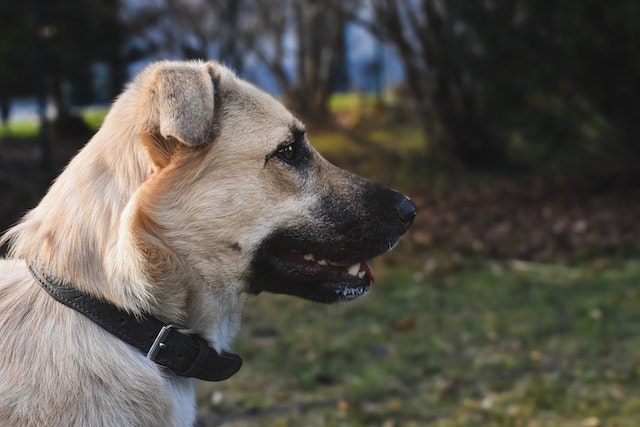
The number of Anatolian Shepherd dogs in America is small, perhaps 4500 to 5000, but satisfied owners have gotten out the word about the brains, protective instincts, versatility, and, incidentally, the beauty of this complex shepherd’s dog; his numbers are growing. These big Turkish guardian dogs are helping livestock producers sleep better at night, knowing their dog is on the job. Protecting livestock and families is second nature to these big shepherds’ dogs, so urban and rural families are finding places in their homes, farms, and hearts for this ancient guardian.
Bred by Turkish shepherds from centuries before the birth of Christ until the present, the Anatolian remains an unspoiled working dog, a very different dog from pet breeds. The Anatolian Shepherd is known to be the descendant of wolves and jackals and was the first domesticated animal. When the shepherds’ dogs see a wolf, the bitch distracts the wolf while the male comes from the rear, leaping on the wolf’s back to break or damage it, then killing it. Turkey’s bears, wolves, and smaller predators required a brave, intelligent, resourceful, and powerful dog like the Anatolian. In addition, the climate of Turkey can be blistering in summer or bitter cold in winter. The Anatolian’s double coat helps to keep him alive in winter in snow and cold; one will see circles dug into the snow as this big dog curls up, broad tail over his nose, to conserve body heat.
Anatolians are quiet, easy companions, alert to danger, but not at all hyper. They are easily house-trained because they are very clean dogs. Although they shed seasonally, they do not have much “doggy” odor. Many an Anatolian guards city homes and yards, liking and needing walks for exercise, but quiet and easy to be around. It would be hard for a very aggressive male to be a city dog. One suits the job of the pup.
No, none has to tell an Anatolian any commands to get him to protect, though. It is instinctual, built in by the Turkish shepherds. An Anatolian uses his experiences and makes conclusions from his experiences when he sizes up any situation. For example, one year, the AI’ed cows had to be pastured 2-1/2 miles away instead of in their usual pasture here by our house. On the second night of calving, Smoke went that two and a half miles on his own, with no commands; he knew where the cows were from being there with Don, and he knew the cows and newborn calves needed coyote protection. So each evening at about dark, he went to the cows and calves, guarding as he did each year in the calving season. Each morning he would come streaking home across the fields and pastures, afraid to miss his day job with Don.
The Anatolian Shepherd is a complex dog, hard to put on paper. Perhaps these things have given an idea of this ancient guard dog, but one has to know an Anatolian himself, to realize just how smart, brave, independent, loyal and versatile the dog is. Anatolians are good dogs, who need a special kind of owner, one who admires and understands this very different dog, yet provides firm and fair guidance and discipline to help the dog become the best he can be. We have been lucky to find many of these special owners to whom we have sent our pups. (I had better quickly end this before I tell you things our pups have done, huh?)
Seriously, most Anatolian owners have good stories about their dogs, and we all love to tell them, so the number of Anatolians is growing steadily. This rare Turkish shepherd’s dog is rapidly becoming American, living in town and country.